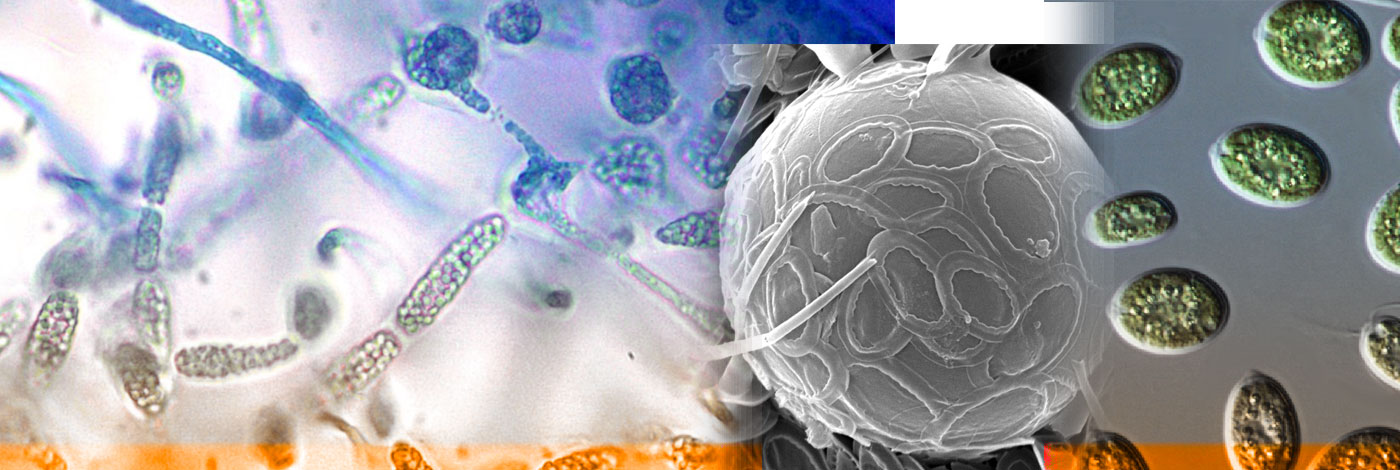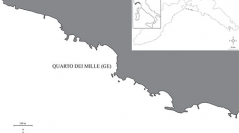

 Cryptogamie, Algologie
33 (2) - Pages 181-189
Cryptogamie, Algologie
33 (2) - Pages 181-189The tropical genus Ostreopsis has been recorded along Italian coasts of the Mediterranean Sea since the `90s, but large bloom events have been reported only in recent years. In order to describe O. ovata bloom dynamics and provide a better understanding of environmental variables involved in triggering blooms, we collected a time series of data in Genoa (North Western Mediterranean) from 2006 to 2010. Cell abundances in the water column and epiphyte on the macroalgae were assessed during the summer months. Water and meteorological variables were concurrently collected.
We elaborated a meaningful explanatory model, performing multiple correlations between bloom magnitude (maximum cell concentration) and length (extent of the bloom event) and water/meteorological features. Such a model highlights a significant role of water temperature, barometric pressure and wind speed in affecting bloom dynamics. It represents a good base for managers in the attempt of forecasting O. ovata blooms and, specifically, toxic events, in an ecological, economic and sanitary perspective.